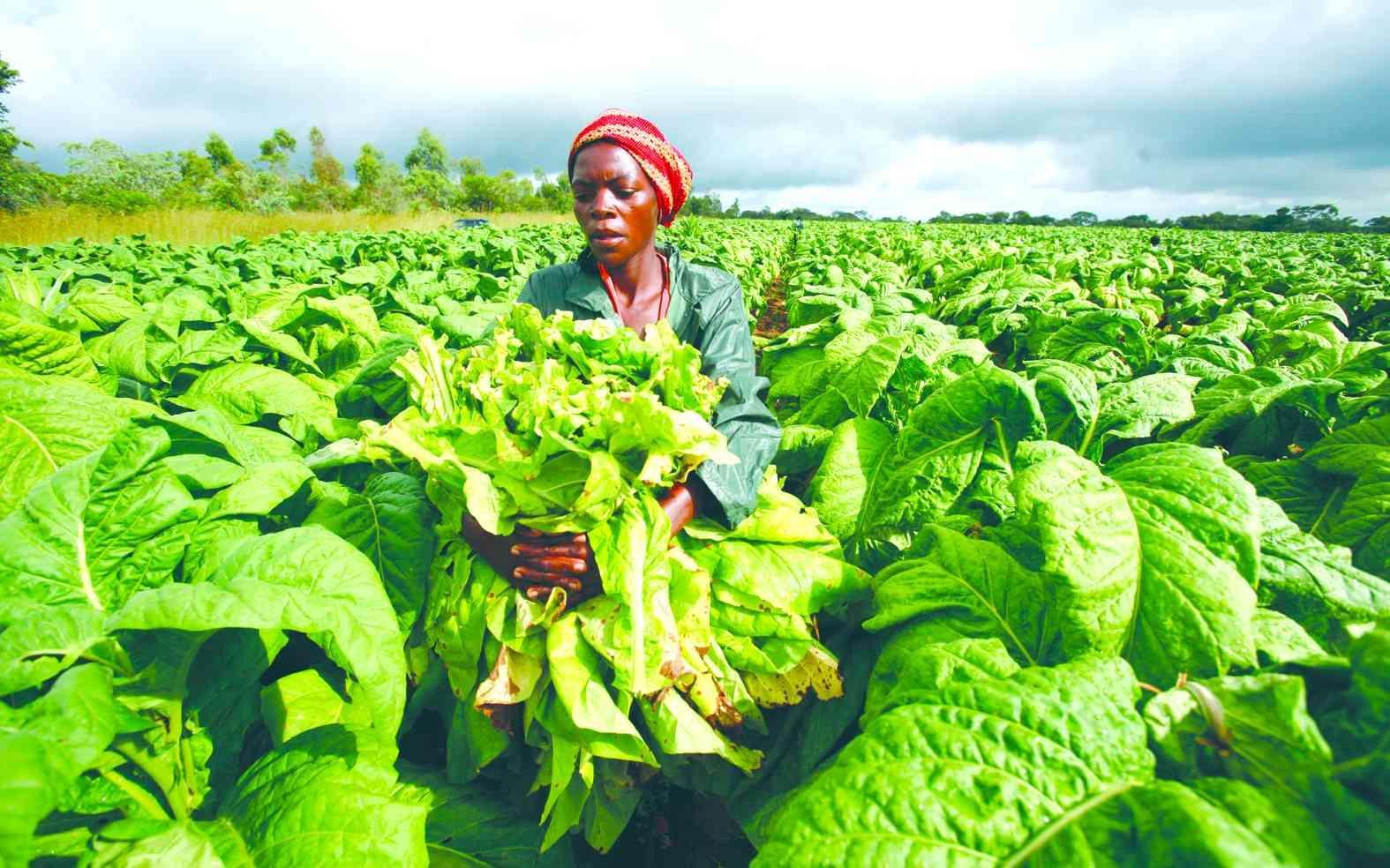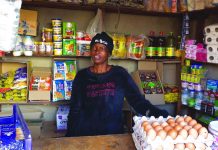Africa-Press – Zimbabwe. THE government has been challenged to come up with an indigenous tobacco policy to boost production, while supporting farmers who are contributing to the golden leaf sector.
Addressing delegates at a conference in Harare recently, Zimbabwe Progressive Tobacco Growers Association president Mtandwa Mutasa bemoaned the lack of inclusion of indigenous farmers in the sector.
The association represents the interests of small-scale tobacco growers and emerging indigenous companies operating within the tobacco value chain.
“We are concerned that critical roles — particularly in areas such as marketing and finance — are predominantly occupied by foreigners.
“This practice limits the transfer and acquisition of essential industry knowledge by indigenous professionals. We, therefore, advocate for deliberate inclusion of indigenous personnel in such strategic positions to build local expertise and capacity,” Mutasa said.
He further called for the enacting of policies to safeguard the interests of indigenous tobacco stakeholders.
“We welcome the on-going revision of the tobacco policy, which we view as a valuable opportunity for our concerns to be taken into account.
“We recognise that certain actors have historically benefited from out-dated colonial-era laws that have disadvantaged indigenous participants. We are, therefore, hopeful that the new policy will address these imbalances,” he said.
Mutasa’s call is in line with efforts to amend the Tobacco Industry Act so that it includes indigenous players as equal stakeholders.
The Tobacco Industry Marketing Board (TIMB) has invited contributions to the amendment of the tobacco law.
Mutasa also called for small-scale farmers — who contribute over 80% of national tobacco output — and indigenous companies to be accorded equitable representation on the TIMB board.
“The government should provide production and buyback facility guarantees specifically for small-scale businesses. A dedicated production funding should be made available exclusively to small-scale actors to enhance their capacity to compete with well-established actors,” he said.
Meanwhile, in his opening remarks, TIMB chief executive officer Emmanuel Matsvaire said Zimbabwe was the 5th largest tobacco producer in the world, a position earned through the hard work of more than 140 000 active farmers and the resilience of value chain players.
“Tobacco contributes over US$1 billion annually to our economy, making it the flagship of our agricultural sector and a key driver of rural livelihoods.
“Our progress is evident but not yet at full potential. 2024 performance is at 10,15% value addition, up from 8,8% in 2023.
“Our manufacturers 9 [nine] factories are capable of 17 billion sticks annually yet (they are) only producing four billion sticks. This is a call to action.”
Matsvaire also called for an increase in capacity utilisation in the sector.
“Our focus is not only on producing the golden leaf but extracting full value from it,” he said.
Zimbabwe is the only African country with a nicotine extraction plant, with opportunities in sustainable waste disposal and converting tobacco residue to organic fertiliser, positioning the country as a regional fertiliser hub.
“I encourage all stakeholders here to participate fully, exhibit your potential and play your part in Zimbabwe’s rising tobacco industry. Let us collaborate, innovate and invest in turning our golden leaf into golden opportunities for Zimbabwe,” he said.
For More News And Analysis About Zimbabwe Follow Africa-Press






